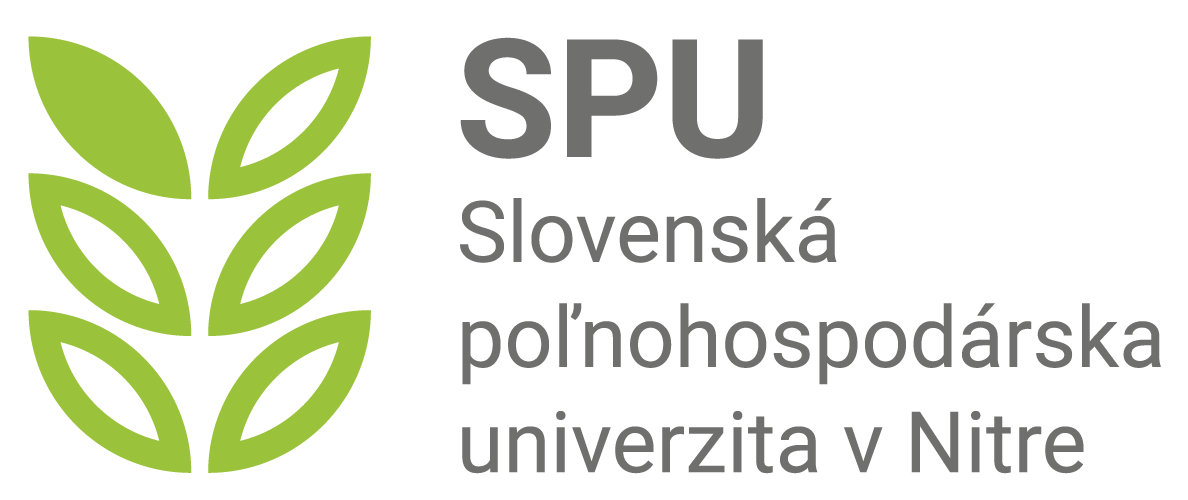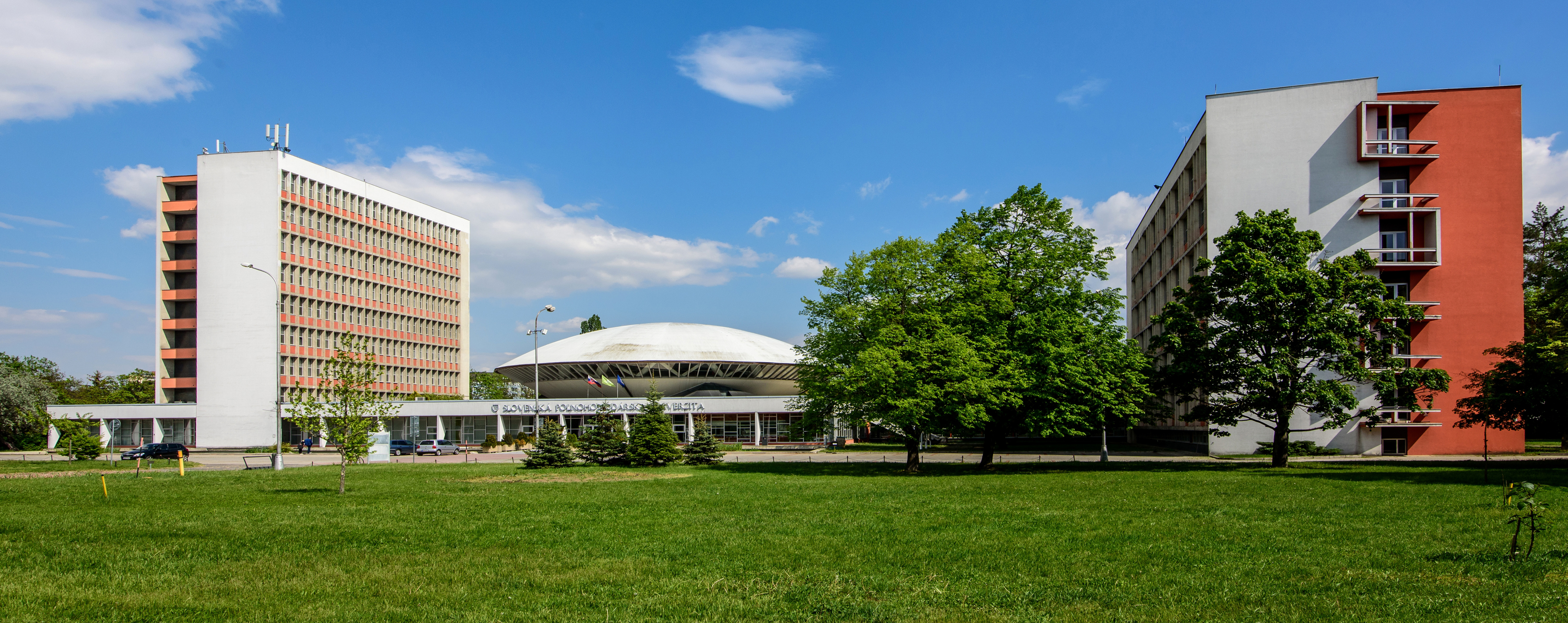MEDEA Summer School in Sicily: Exploring the Mediterranean Diet, Biodiversity, and Functional Foods
28.09.2025
In the picturesque region of Marsala in Sicily, surrounded by vineyards, olive groves, and the turquoise sea, students from the partner universities of the INVEST project took part in a unique educational program on the Mediterranean diet, biodiversity, and functional foods from September 15–20, 2025.
The aim of the MEDEA summer school was to deepen the understanding of the importance of local products for health, sustainability, and cultural heritage. Students explored topics such as wine, olive oil, cheese, fish, salt, microbiota, and nutraceuticals – not only theoretically, but also practically during excursions to local farms, wineries, an olive oil mill, and a fish processing plant.
From the Slovak University of Agriculture in Nitra, five students from five different faculties participated in the summer school, presenting the results of their group project at the end. For their successful completion, they were awarded 3 ECTS credits.
On the first day, participants attended lectures on the cultural and health aspects of the Mediterranean diet, visited Torrazza beach, tasted cheeses at the local Giammanco dairy, and concluded the evening with a tour of the historic town of Trapani.
The second day (Tuesday) began with expert lectures on wine, its significance in history, medicine, and economics, as well as on modern technologies for producing wine aromas. In the afternoon, students visited the Mustazza winery, where they had the opportunity to taste local wines, explore the vineyards, and learn more about organic production. The day culminated in a trip to the medieval village of Erice, located on the mountaintop with a breathtaking sunset view. Strolling through Erice’s historic streets was an unforgettable cultural experience.
The third day (Wednesday) was dedicated to seafood. After morning lectures on sustainable fishing and consumer perceptions of fish consumption, students traveled to the town of Mazara
del Vallo. During a city tour, an expert introduced them to the town’s history, its Arab roots, and its significance in the fishing industry. The evening belonged to the company Rosso di Mazara, specializing in the processing of red shrimp. The lecture was followed by a tasting of Mediterranean specialties during a shared dinner.
The final days of the MEDEA summer school in Sicily brought SPU students further inspiration, knowledge, and memorable experiences. On Thursday morning, the program focused on functional foods and microbiota, with guest lecturers from SPU – Prof. Adriana Kolesárová, PhD. and Assoc. Prof. Eva Ivanišová, PhD. Their lectures enriched the students’ understanding of innovations in functional food production and the impact of nutraceuticals on women’s health. In the afternoon, participants visited the seaside town of Castellammare del Golfo, where they enjoyed relaxation on the beach and swimming in the sea. They then toured Antico Pastificio Buffa, a traditional pasta producer, where they tasted the typical Pasta Trapanese. The day ended with a stroll through the historic center and harbor of Castellammare.
On Friday morning, students presented the results of their group research projects. Each of the five teams focused on one of the main components of the Mediterranean diet – wine, olive oil, plant-based foods, cheese, and microbiota. The presentations were well-prepared, emphasizing insights gained during lectures and excursions. In the afternoon, they visited the Manfredi Barbera [&] Figli olive mill, where they tasted different types of olive oil and learned about the production process. The evening was filled with gastronomy and culture – participants attended the Cous Cous Festival in San Vito Lo Capo, where they sampled various versions of this iconic Mediterranean specialty.
On Saturday morning, the program concluded with a visit to Saline Culcasi, where students learned about the traditional production of sea salt. As a key element of Sicilian cuisine and culture, salt symbolically closed the thematic circle of the Mediterranean diet. The MEDEA summer school thus offered a comprehensive view of nutrition, sustainability, biodiversity, and the cultural heritage of the region. SPU students gained not only new knowledge but also valuable contacts and experiences in an international environment. The program was well-balanced – lectures in the mornings, excursions in the afternoons, and cultural or gastronomic activities in the evenings. MEDEA is proof that education can be an experience that brings together science, tradition, and people from different countries. We believe that even more SPU students will take part in similar projects in the future.
MEDEA is part of the INVEST – European University Alliance project, co-financed by the Erasmus+ program, which supports regional sustainability and international cooperation.




